Bodycam footage released by the Louisiana State Police contradicted the official reports about Ronald Greene's fatal arrest on May 10, 2019.
That footage was hidden for two years by a police official.
Lieutenant John Clary of the Louisiana State Police claimed Greene—a 49-year-old Black barber—was a threat to flee despite being shackled.
The high-ranking officer also denied the existence of footage recorded by his bodycam on the day of Greene's arrest.
The fatal incident occurred on a roadside near the city of Monroe in northern Louisiana.
.@AP obtains documents showing that the ranking Louisiana State Police officer at the deadly 2019 arrest of Black motorist Ronald Greene denied the existence of his own body camera video for nearly two years until the footage emerged just last month.https://apne.ws/cmrXlSN— The Associated Press (@The Associated Press) 1621887939
Last month, the disturbing footage from the arrest emerged—indicating to many there were efforts to cover up the circumstances of Greene's death. Troopers at the scene initially maintained Greene died from his car crashing into a tree after pursuing him in a high-speed car chase.
However, footage showed Greene being pulled from the passenger's side of the vehicle, being repeatedly tased by troopers, being put in a chokehold, punched in the face and dragged by his shackled ankles—all while he was attempting to surrender.
This is what a modern day lynching looks like.— Zach Rongers (@Zach Rongers) 1621910754
Troopers also refused to let Greene sit upright.
But Lt. Clary again provided a false statement. He told investigators troopers sat Greene up and "immediately held his head up so he could get a clear airway."
In the video, troopers held Greene down on his front. They said they did not want him upright for fear Greene would get blood on them.
Clary then told the troopers:
"Then don't do [sit him up]."
One trooper identified as Kory York shouted at Greene, who was trying to roll onto his side:
"Don't you turn over! Lay on your belly!"
York then dragged Greene while he was face-down along the ground and told him:
"You better lay on your f'king belly like I told you to! You understand?"
Now this Person needs to be arrested; and charged, with murder and unlawful possession of county and State body Cam information. Immediately, after this incident came to light.— hrlcs1 Caring about People (@hrlcs1 Caring about People) 1621888267
When they eventually sat Greene upright, his head was slumped and no attempt was made to lift his head to allow a clear air passage for nearly six minutes.
One trooper was heard saying:
"I got blood all over me. I hope this guy ain't got f'king AIDS."
Andrew Scott, a former Boca Raton, Florida, police chief, said:
"The officers have the duty and obligation to ensure that he is capable of breathing … and they chose not to do that."
Scott, who testifies as an expert in use-of-force cases, told KTLA 5 after observing the footage:
"When he was in handcuffs, he was completely compliant. The only thing he wanted to do was turn over onto his side. He couldn't resist. He was incapable of resisting."
Greene died on the way to the hospital while he remained handcuffed to the stretcher inside the ambulance.
You can watch the bodycam footage of the fatal arrest shown in CNN's news report, below.
WARNING: graphic violence
Rafael Goyeneche, who is the president of a New Orleans-based watchdog group, the Metropolitan Crime Commission, said:
"Video doesn't lie, and the best way to protect the integrity of law enforcement agencies is with body camera footage."
Similar to the case of George Floyd's death, the Associated Press highlighted the importance of video footage as key evidence in police misconduct cases.
I\u2019ll say it again. This isn\u2019t just \u201cone cop\u201d. This is a culture of non-accountability where a monopoly on violence has corrupted huge swaths of police departments. Until civilians regain oversight, investigations, and enforcement of penalties this will continue.— Cooper (@Cooper) 1621900458
Lt. Clary arrived at the scene just as troopers put Greene in handcuffs. In his report of the incident, senior officer on scene Clary told detectives Greene "was still, yelling and screaming ... and he was still resisting, even though he was handcuffed. He was still trying to get away and was not cooperating."
According to a new investigative report, Detective Albert Paxton said of Lt. Clary's statements about Greene's "yelling and screaming":
"The video evidence in this case does not show Greene screaming, resisting or trying to get away. The only screams revealed by the video were when Greene responded to force applied to him."
The report added the footage showed Greene "lying on the ground, face down, handcuffed behind his back, leg shackles on his ankles, uttering the phrases, 'I'm sorry', or 'I'm scared' or 'Yes sir' or 'Okay'"—which again contradicted Clary's official description of Greene being uncooperative.
"Lt. Clary's video clearly shows Greene to be suffering," said Paxton.
Where are the repercussions of lying to a judge about the body cam footage? Feel like that inhibits a police investigation. No one polices the police.— 440Richard (@440Richard) 1621918276
It was also found Clary cannot cite ignorance regarding his bodycam recording footage from that night as a defense for his claim no video existed.
Investigators noted at one point in the video, the Lieutenant was alerted to the fact his bodycam was recording, which immediately prompted Clary to turn it off.
According to a 10-page autopsy report for Greene, lacerations on his head indicated they were "inconsistent with motor vehicle collision injury."
"These injuries are most consistent with multiple impact sites from a blunt object."
The autopsy report also mentioned there was neither a provided incident report nor detailed information regarding a car accident, which is standard protocol.
Former prosecutor Goyeneche added:
"The lack of transparency reeks of a potential cover-up. If the Louisiana State Police were vigilant and on top of its game, there would have been discipline and terminations years ago in this case."
Clary—who had been with Louisiana State Police for 31 years—was unable to be reached for comments.

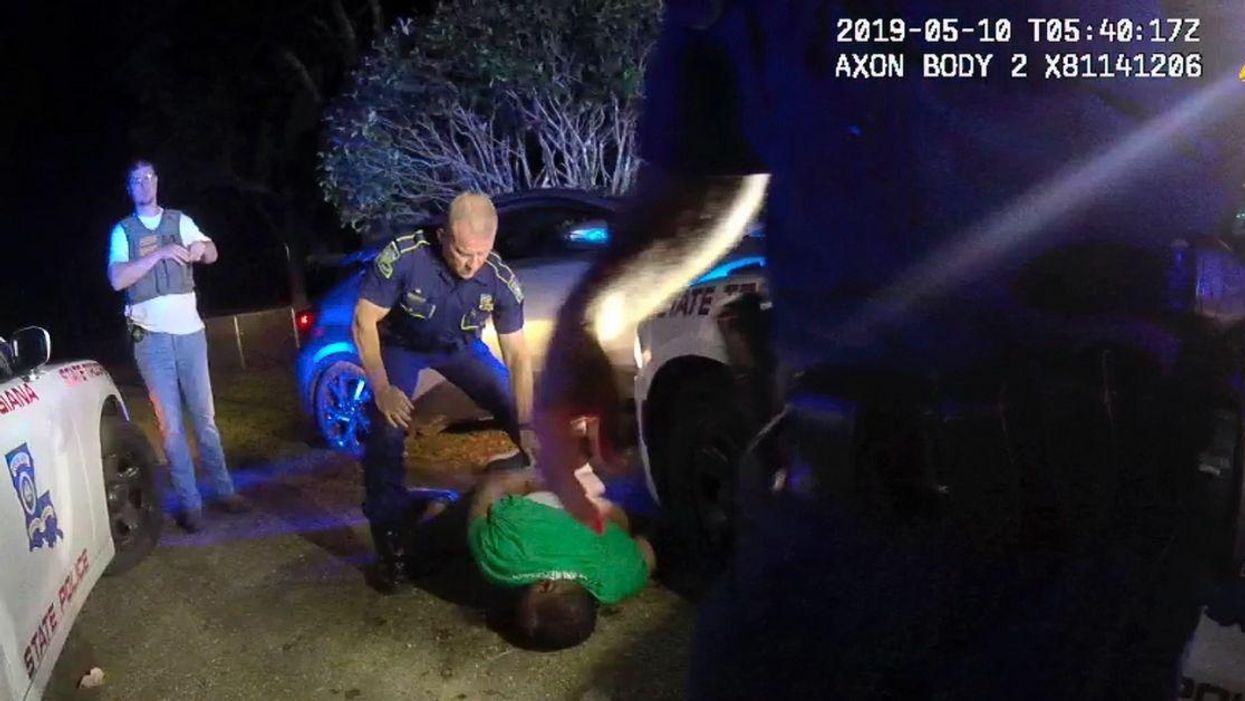



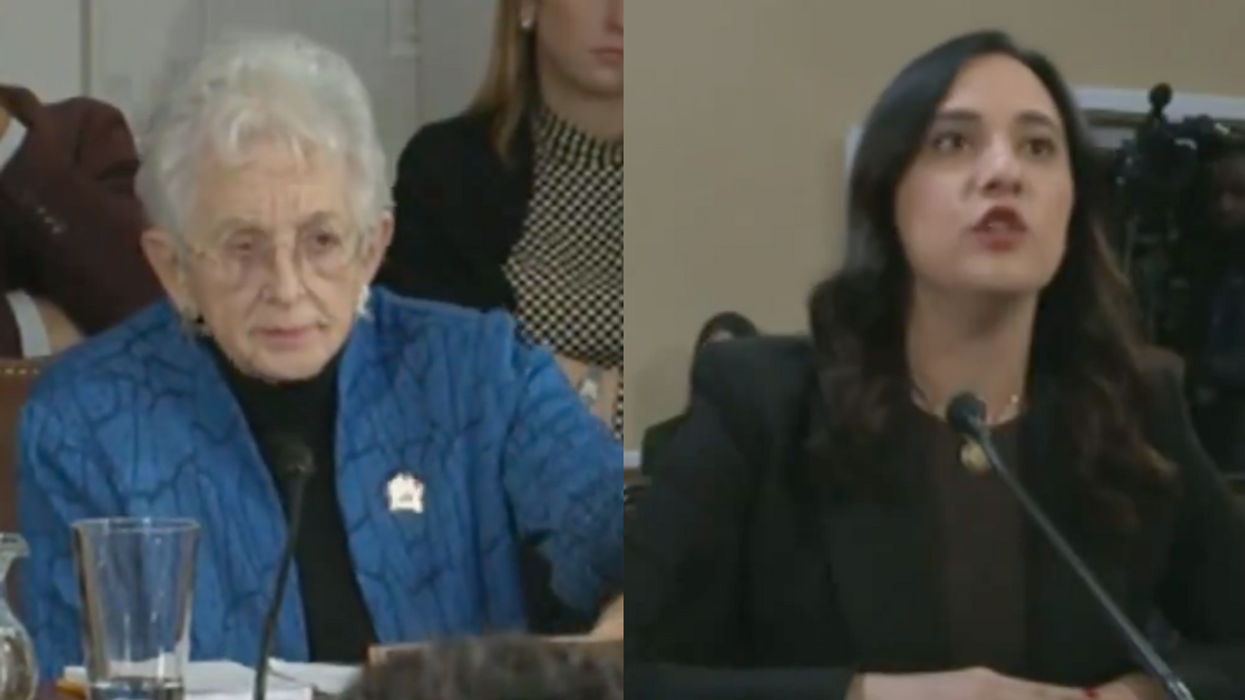
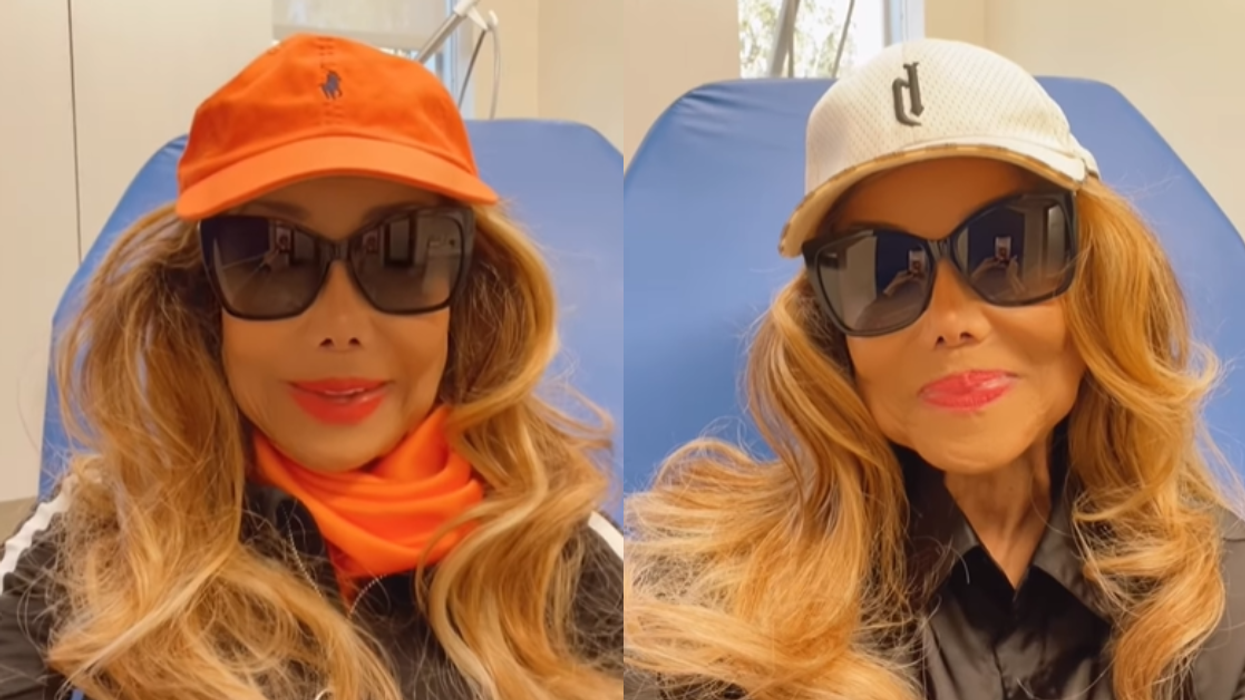
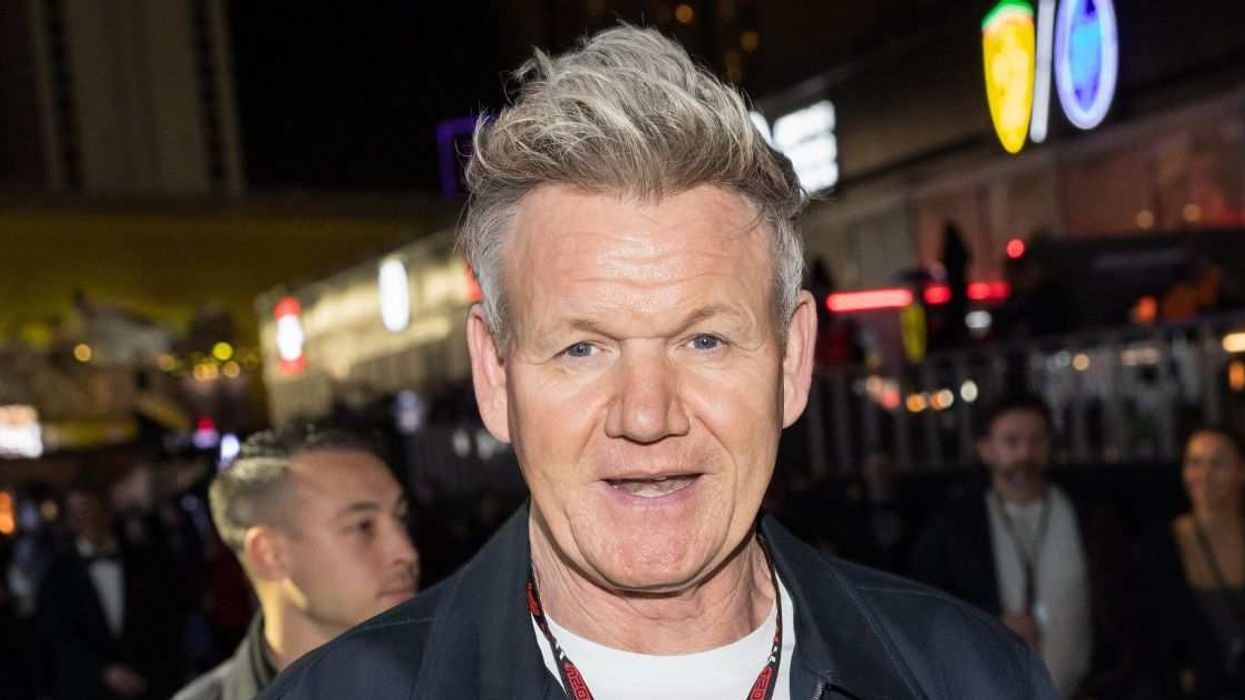
 Jessica Hellman/Facebook
Jessica Hellman/Facebook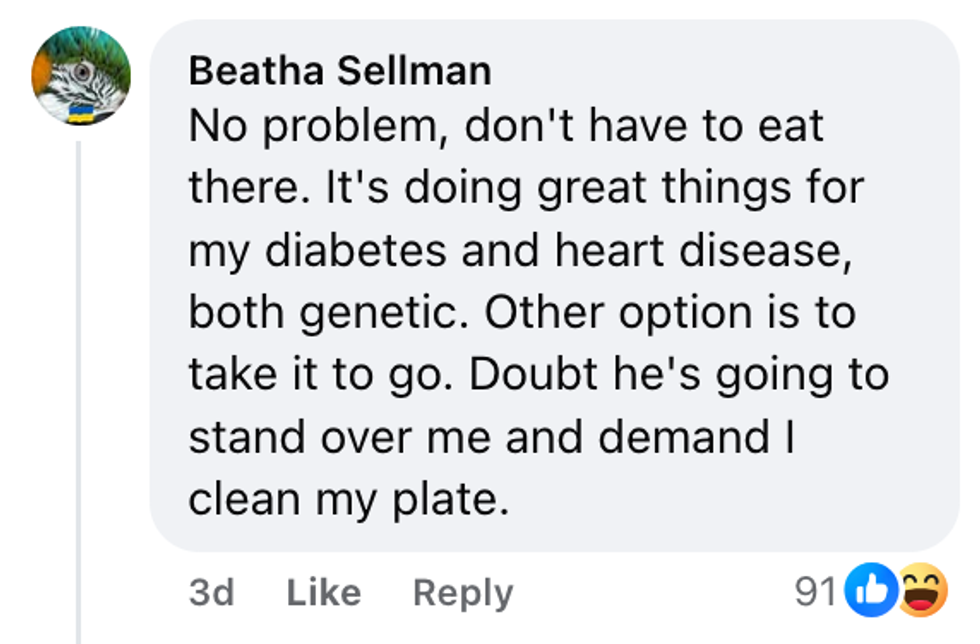 Beatha Sellman/Facebook
Beatha Sellman/Facebook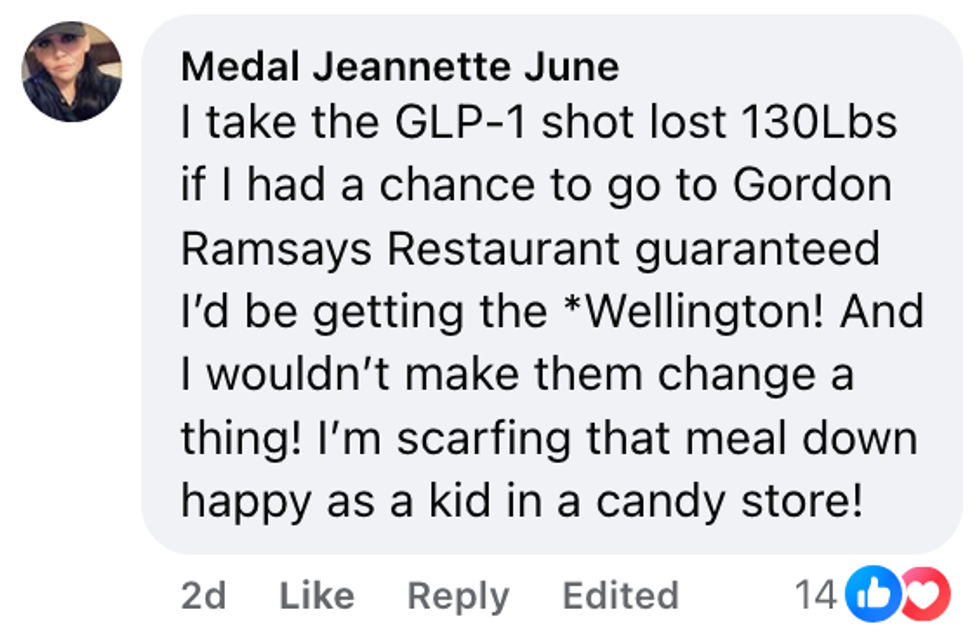 Medal Jeannette June/Facebook
Medal Jeannette June/Facebook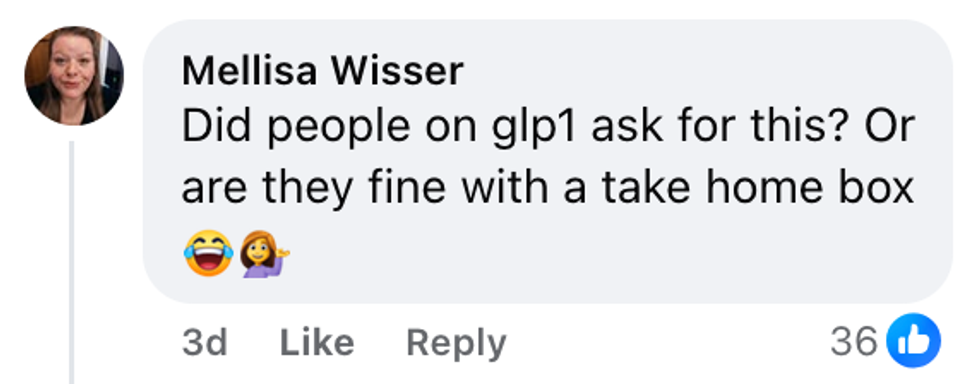 Mellisa Wisser/Facebook
Mellisa Wisser/Facebook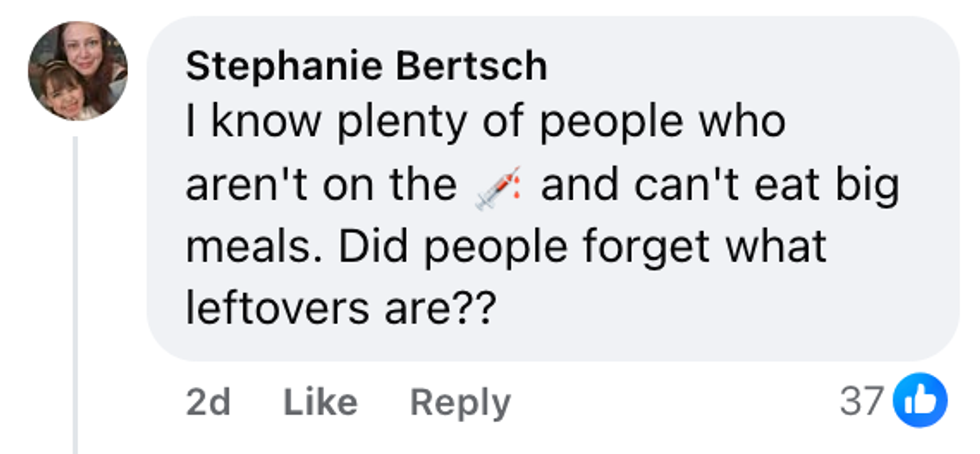 Stephanie Bertsch/Facebook
Stephanie Bertsch/Facebook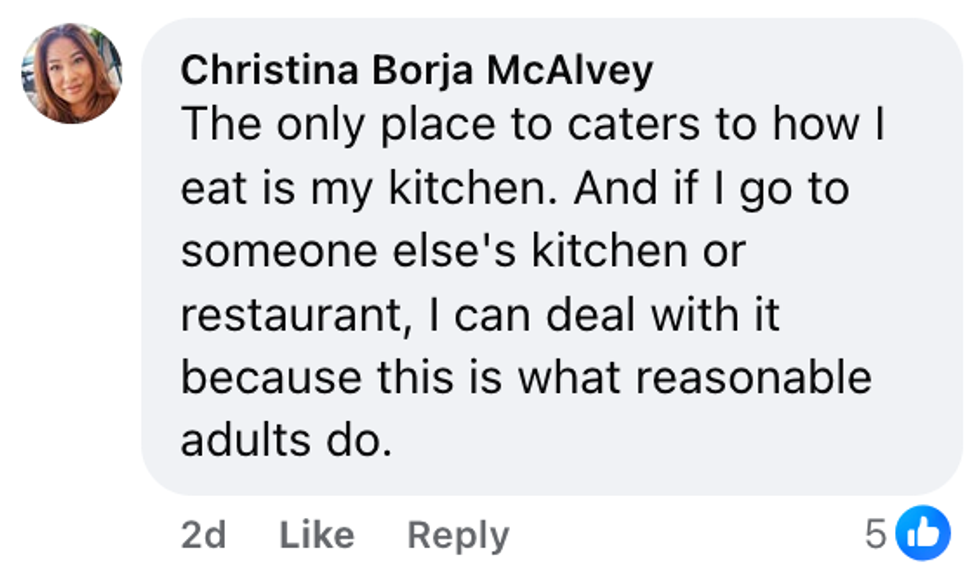 Christina Borja McAlvey/Facebook
Christina Borja McAlvey/Facebook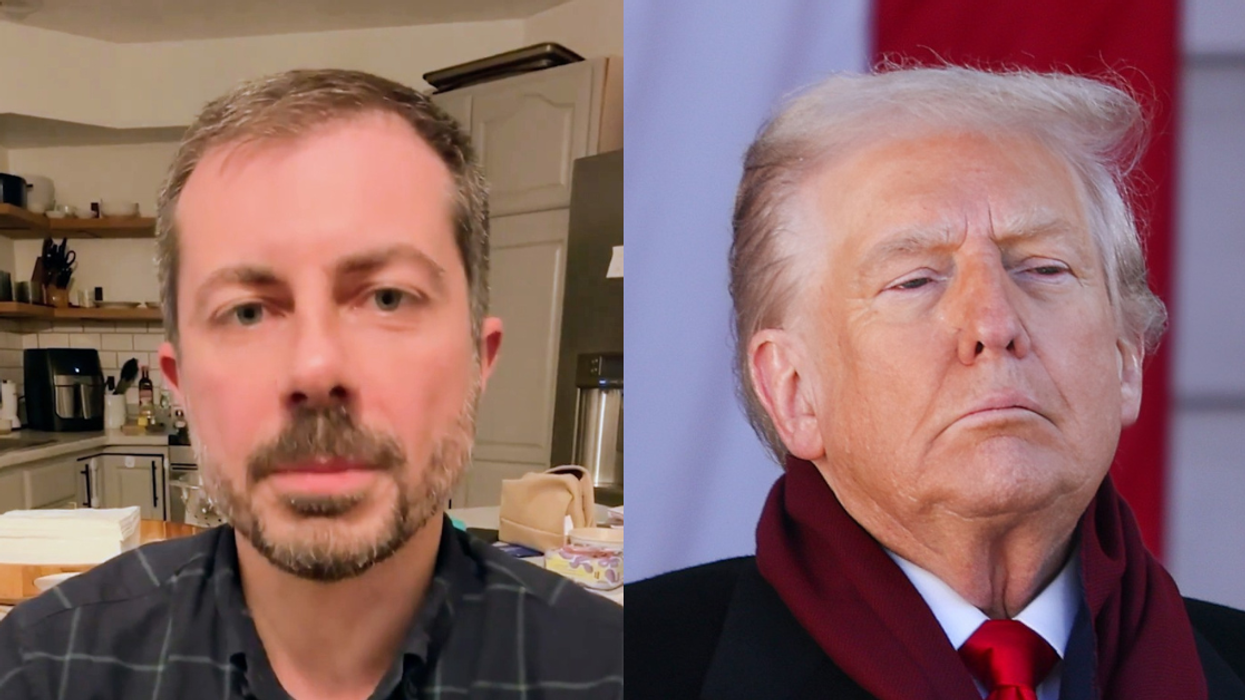



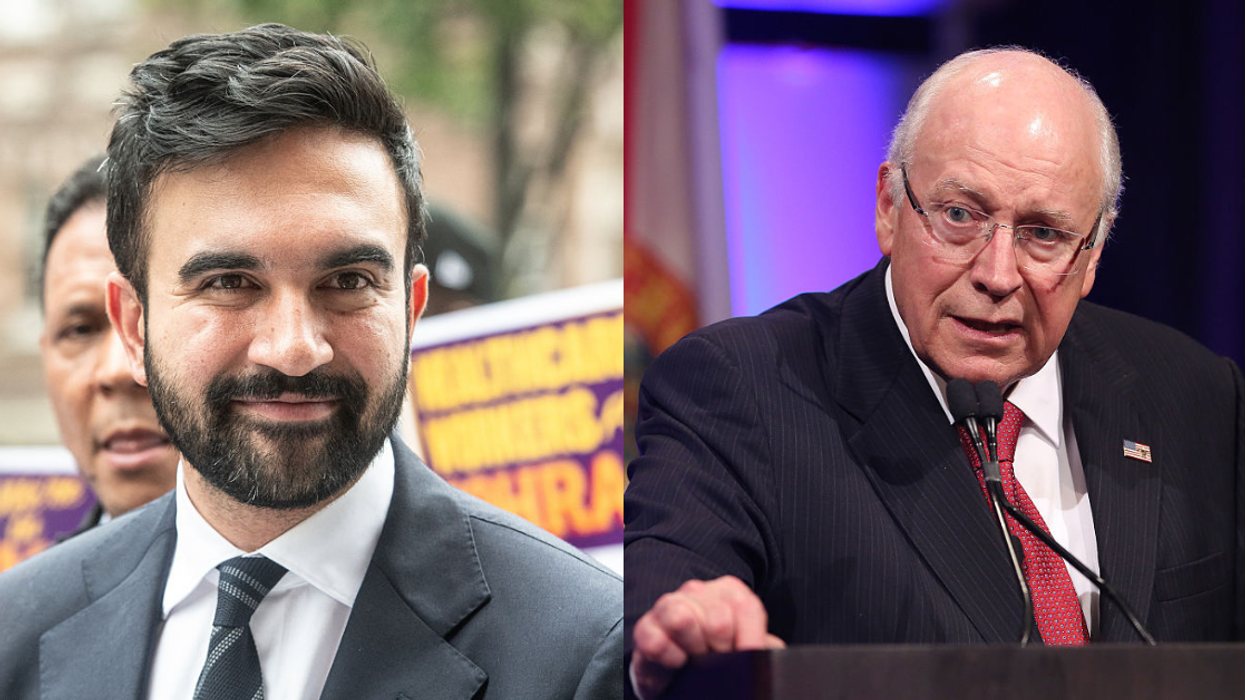
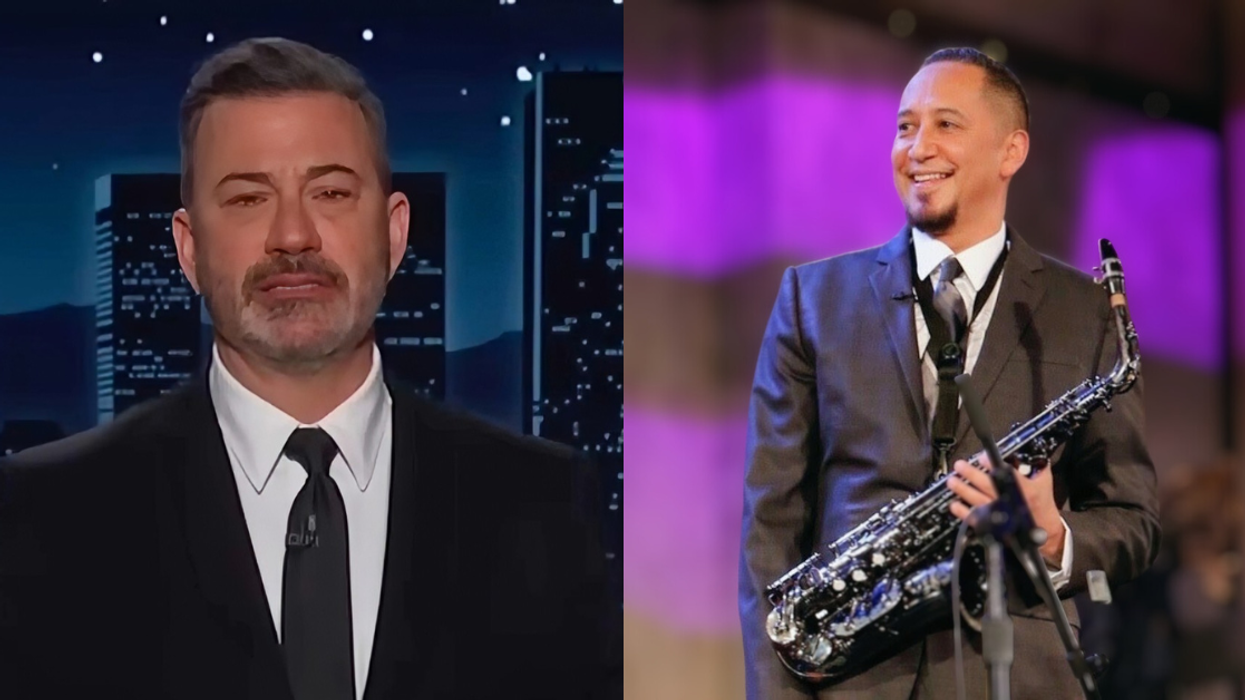
 @jimmykimmel/Instagram
@jimmykimmel/Instagram @jimmykimmel/Instagram
@jimmykimmel/Instagram @jimmykimmel/Instagram
@jimmykimmel/Instagram @jimmykimmel/Instagram
@jimmykimmel/Instagram @jimmykimmel/Instagram
@jimmykimmel/Instagram @jimmykimmel/Instagram
@jimmykimmel/Instagram @jimmykimmel/Instagram
@jimmykimmel/Instagram @jimmykimmel/Instagram
@jimmykimmel/Instagram @jimmykimmel/Instagram
@jimmykimmel/Instagram @jimmykimmel/Instagram
@jimmykimmel/Instagram @jimmykimmel/Instagram
@jimmykimmel/Instagram @jimmykimmel/Instagram
@jimmykimmel/Instagram @jimmykimmel/Instagram
@jimmykimmel/Instagram @jimmykimmel/Instagram
@jimmykimmel/Instagram @jimmykimmel/Instagram
@jimmykimmel/Instagram
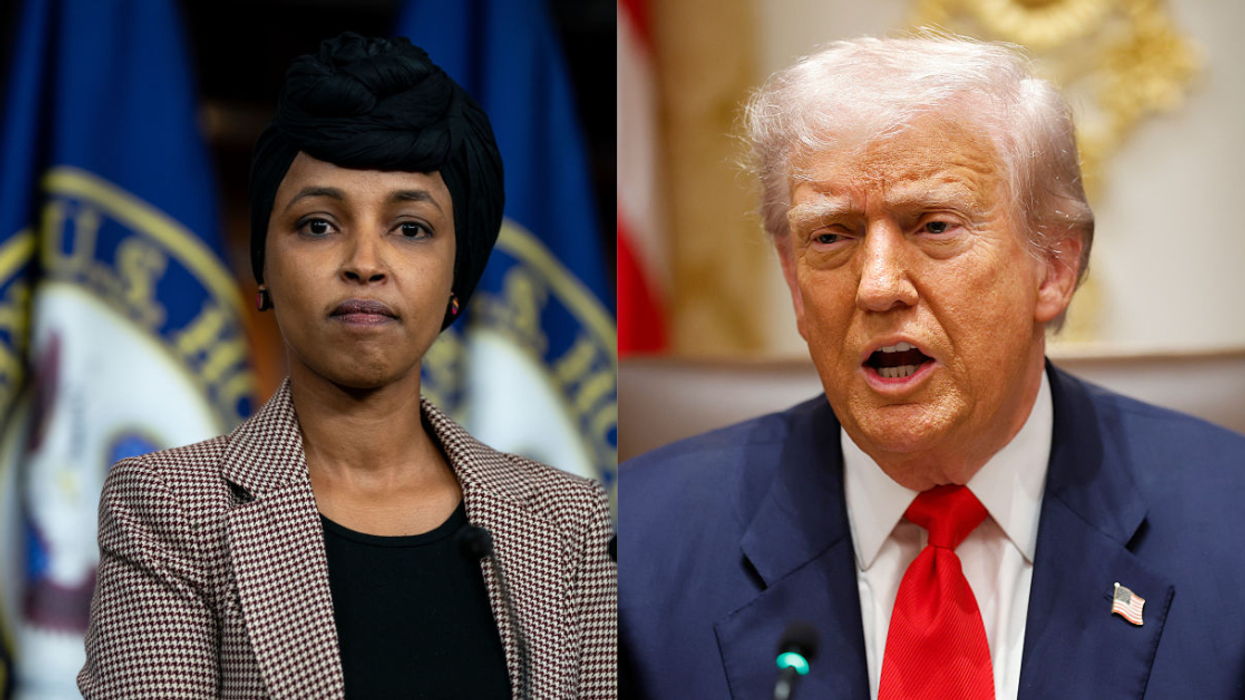
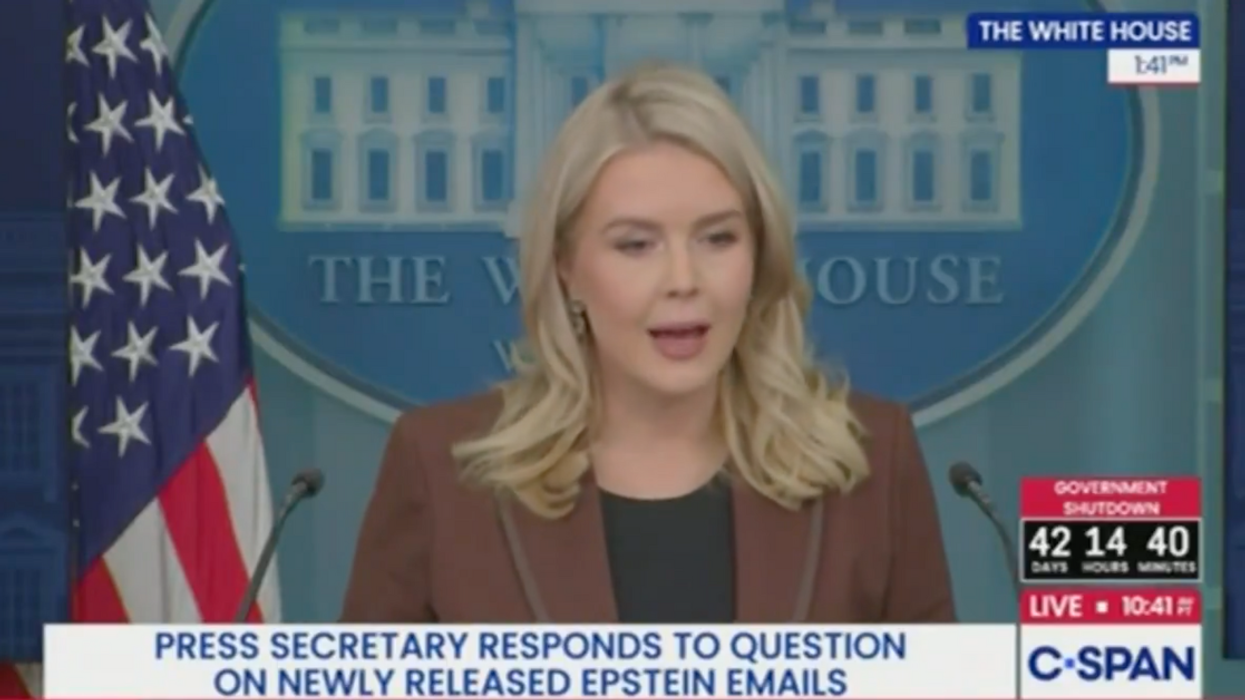
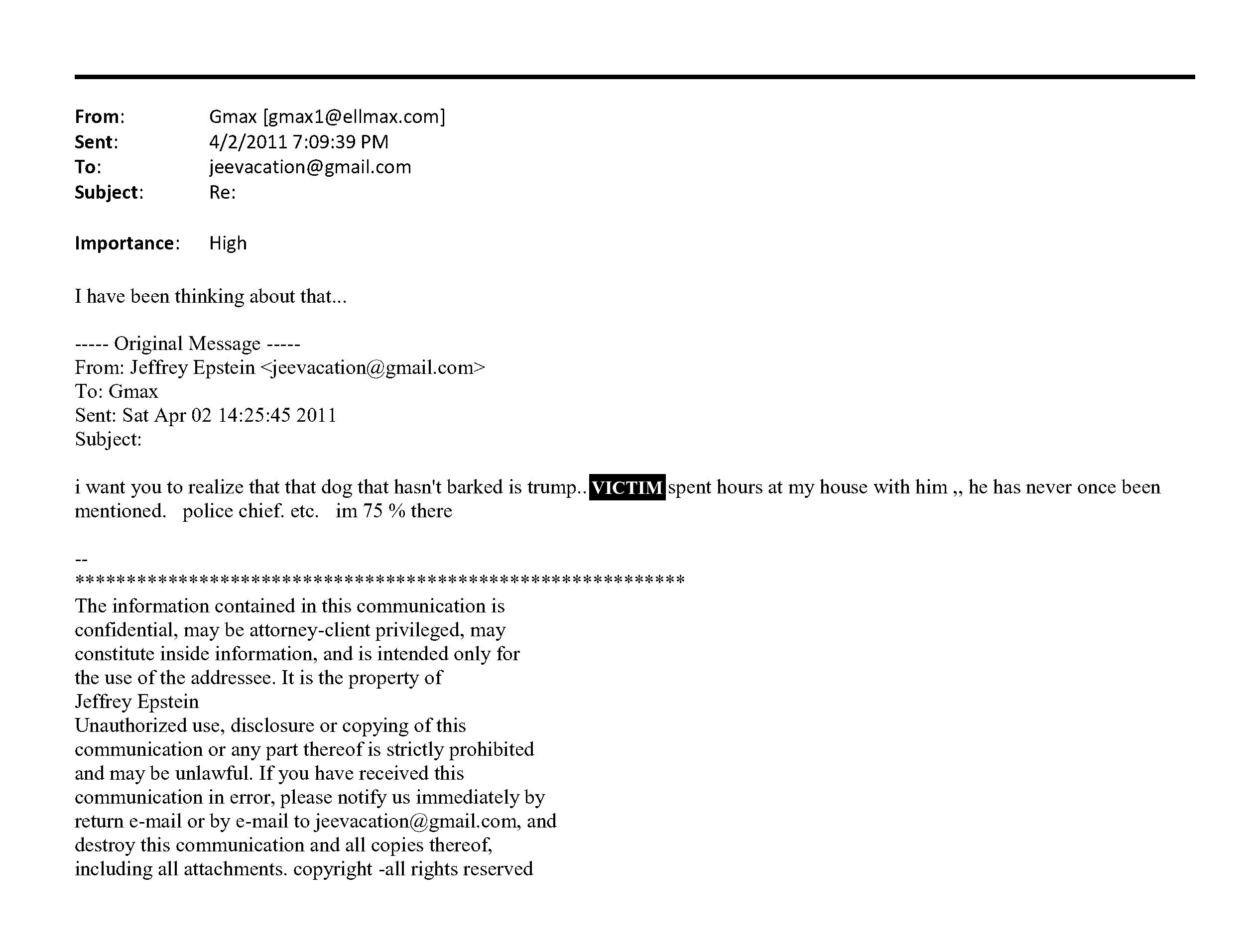 House Oversight Committee
House Oversight Committee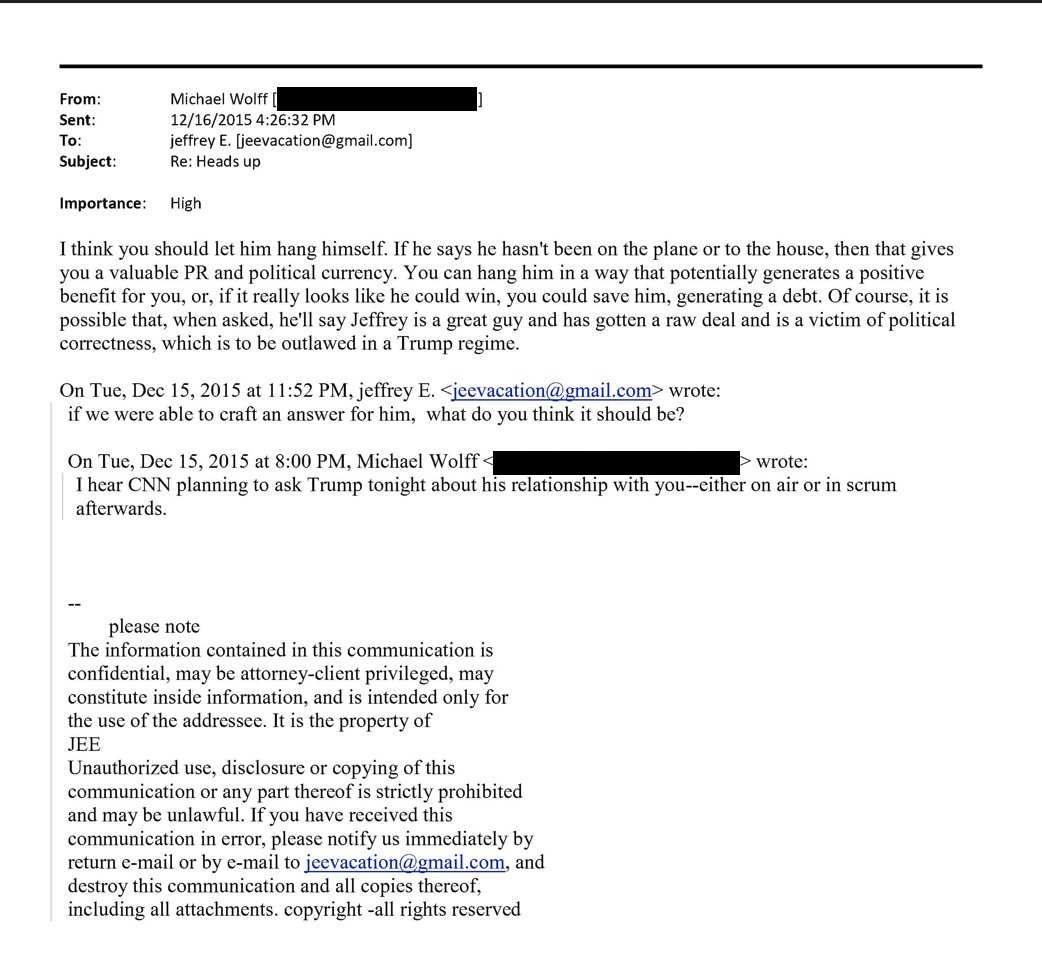 House Oversight Committee
House Oversight Committee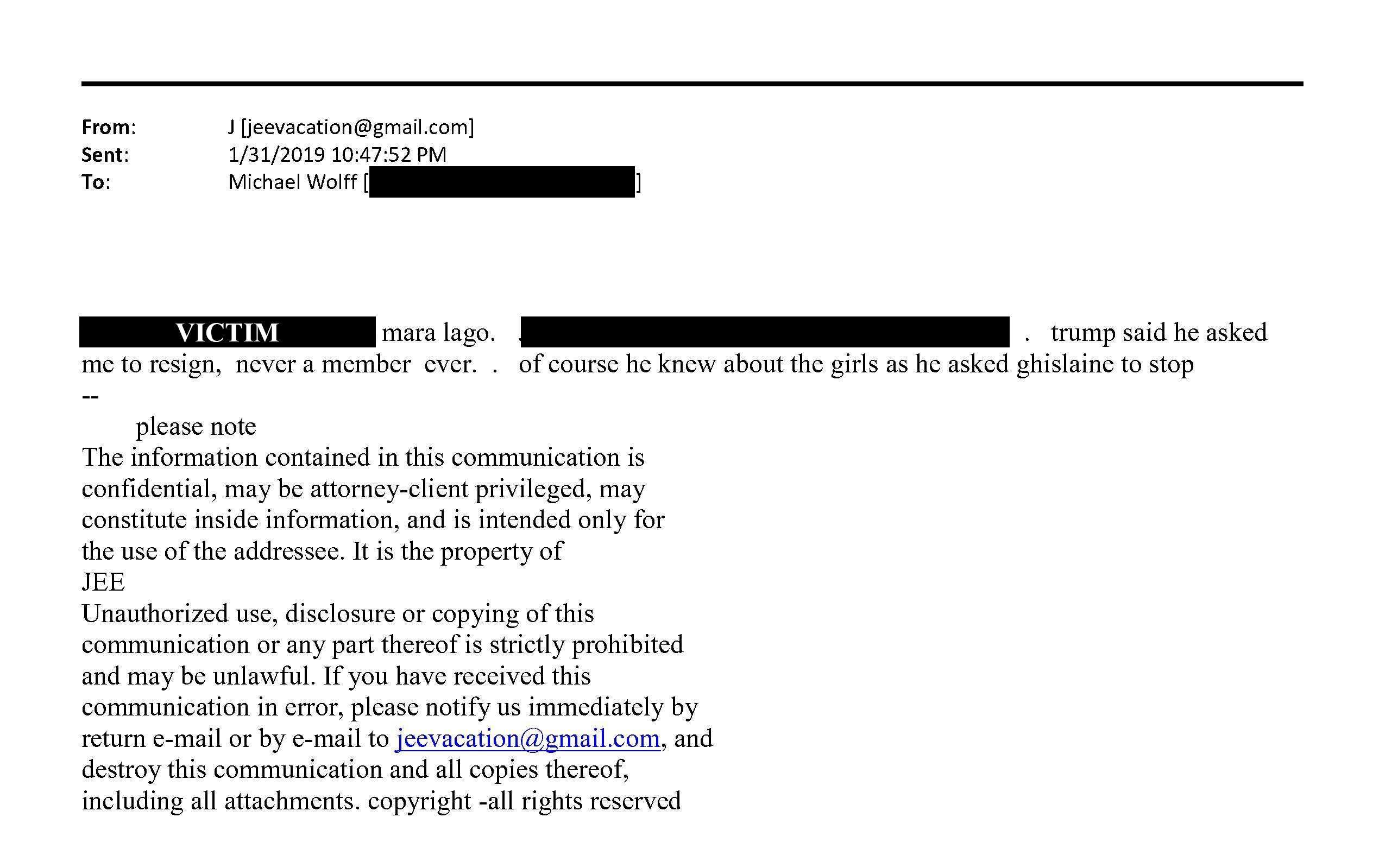 House Oversight Committee
House Oversight Committee